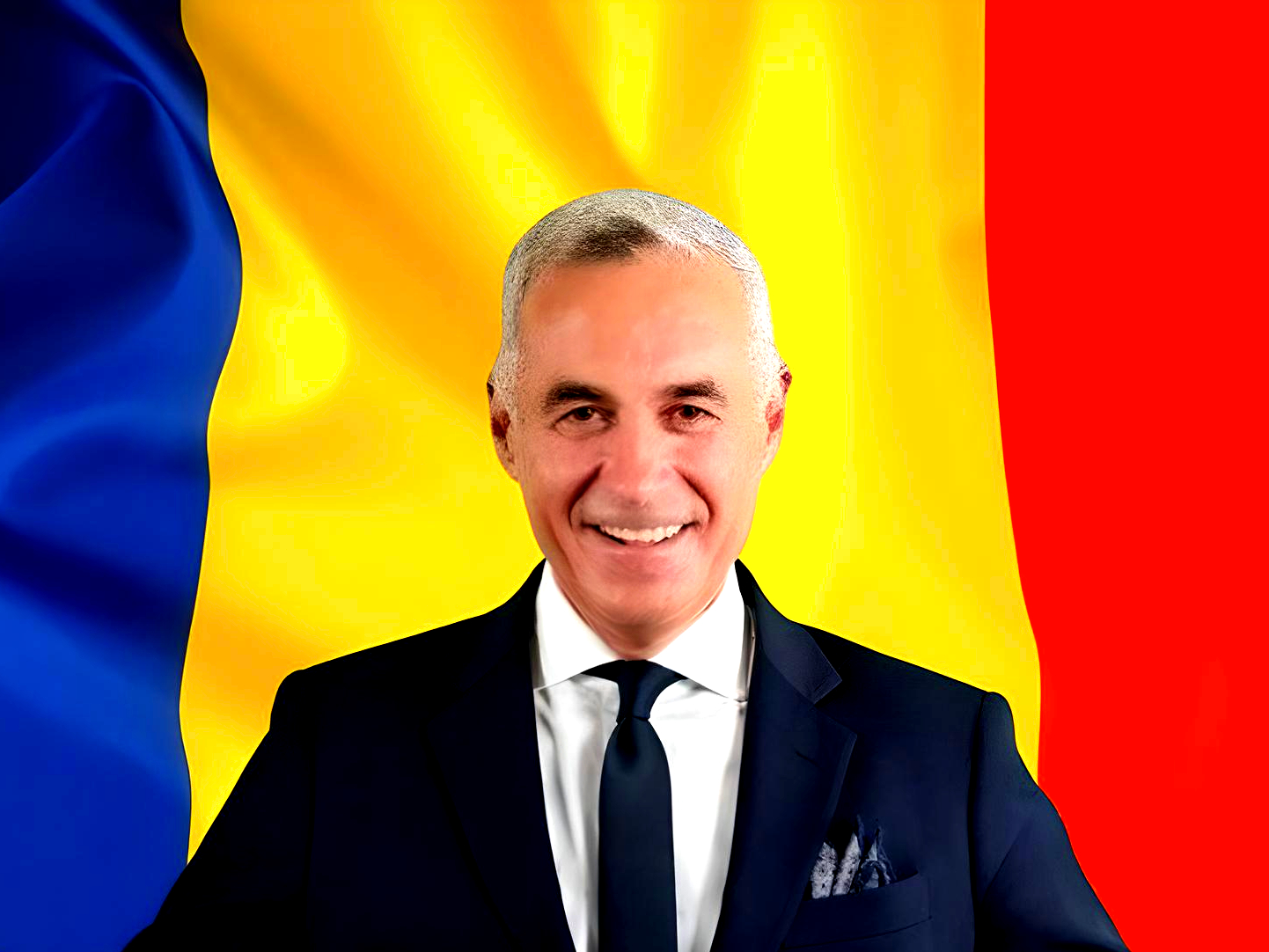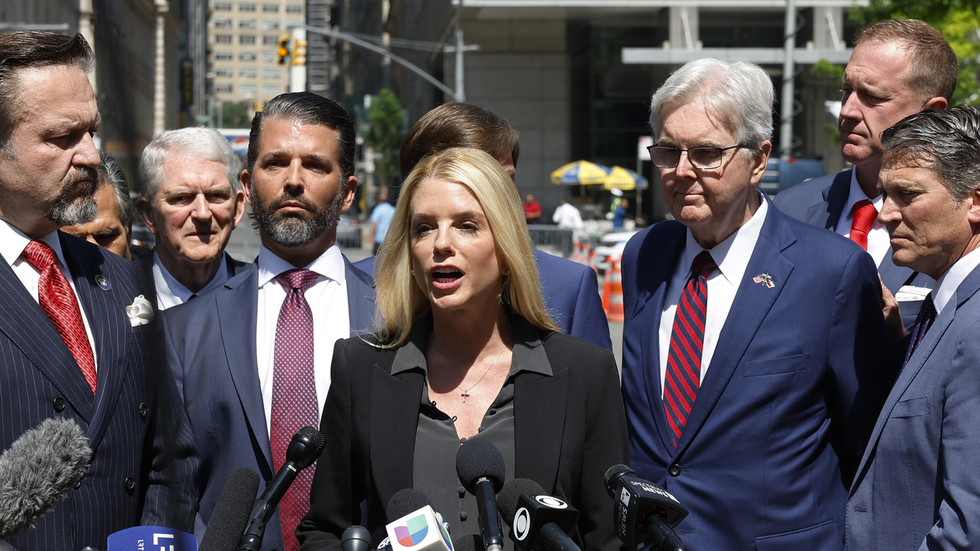Iran's supreme leader has claimed Israeli prime minister Benjamin Netanyahu should be 'sentenced to death' for alleged war crimes committed in the ongoing wars in the Gaza Strip and Lebanon.
Ayatollah Ali Khamenei made the remarks Monday during an event in which he spoke to members of the Basij, the all-volunteer arm of Iran's paramilitary Revolutionary Guard.
Khamenei added that the International Criminal Court's decision to issue an arrest warrant for Netanyahu and Israel's former Defense Minister Yoav Gallant was 'not enough.'
'What the Zionist regime did in Gaza and Lebanon is not a victory, it is a war crime. Now they have issued a warrant for their arrest. This is not enough!' Khamenei said, according to remarks published by the state-run IRNA news agency.
'Netanyahu and the criminal leaders of this regime must be sentenced to death.'
The International Criminal Court at the Hague does not issue death sentences.
Khamenei also insisted those in Iran's self-described 'Axis of Resistance,' like the Palestinian militant group Hamas and Lebanon's Hezbollah, would be stronger after the war.
'The idiots should not think that bombing houses and hospitals in Gaza and Lebanon is a victory,' he said. 'The enemy has not become winner in Gaza and Lebanon, and it will not be winner.'
Iran's supreme leader Ali Khamenei (pictured) has claimed Israeli prime minister Benjamin Netanyahu should be 'sentenced to death' for alleged war crimes
Benjamin Netanyahu (pictured) faces an international arrest warrant issued by the International Criminal Court
A view of destruction after Israeli airstrike on a building at Nuseirat Camp in Gaza Strip on November 24, 2024
It comes as the Israeli ambassador to Washington claimed a ceasefire deal to end fighting between Israel and the Lebanon-based Hezbollah could be reached 'within days.'
Ambassador Mike Herzog told Israeli Army Radio on Monday that there remained 'points to finalize' and that any deal required agreement from the government. But he said 'we are close to a deal' and that 'it can happen within days.'
Among the issues that remain is an Israeli demand to reserve the right to act should Hezbollah violate its obligations under the emerging deal. The deal seeks to push Hezbollah and Israeli troops out of southern Lebanon.
Israel accuses Hezbollah of not adhering to a UN resolution that ended the 2006 war between the sides that made similar provisions.
It said it has concerns that Hezbollah could stage a Hamas-style cross-border attack from southern Lebanon if it maintains a heavy presence there.
Lebanon says Israel also violated the 2006 resolution. Lebanon complains about military jets and naval ships entering Lebanese territory even when there is no active conflict.
It is not clear whether Lebanon would agree to the demand.
Palestinian families, forcibly displaced by Israeli army and took refuge at tent camps, struggle due to harsh weather conditions amid the ongoing Israeli attacks in Khan Yunis, Gaza on November 24, 2024
A Palestinian inspects the rubble of a house that was destroyed in an Israeli strike at the Bureij refugee camp in the central Gaza Strip on November 24, 2024
A Palestinian girl rests on the debris of a destroyed building west of Gaza City, on November 25, 2024
The optimism surrounding a deal comes after a top U.S. envoy held talks between the sides last week in a bid to clinch a deal.
Hezbollah began attacking Israel on October 8, 2023, a day after Hamas' horrific raid on southern Israel, in which the terror group killed around 1,200 people and kidnapped around 250 people.
That escalated into all-out war in September with massive Israeli airstrikes in Lebanon and later an Israeli ground incursion into the country's south.
Hezbollah has fired thousands of rockets into Israeli cities and towns, including some 250 on Sunday.

 By Daily Mail (World News) | Created at 2024-11-25 16:50:29 | Updated at 2024-11-27 01:53:35
1 day ago
By Daily Mail (World News) | Created at 2024-11-25 16:50:29 | Updated at 2024-11-27 01:53:35
1 day ago








